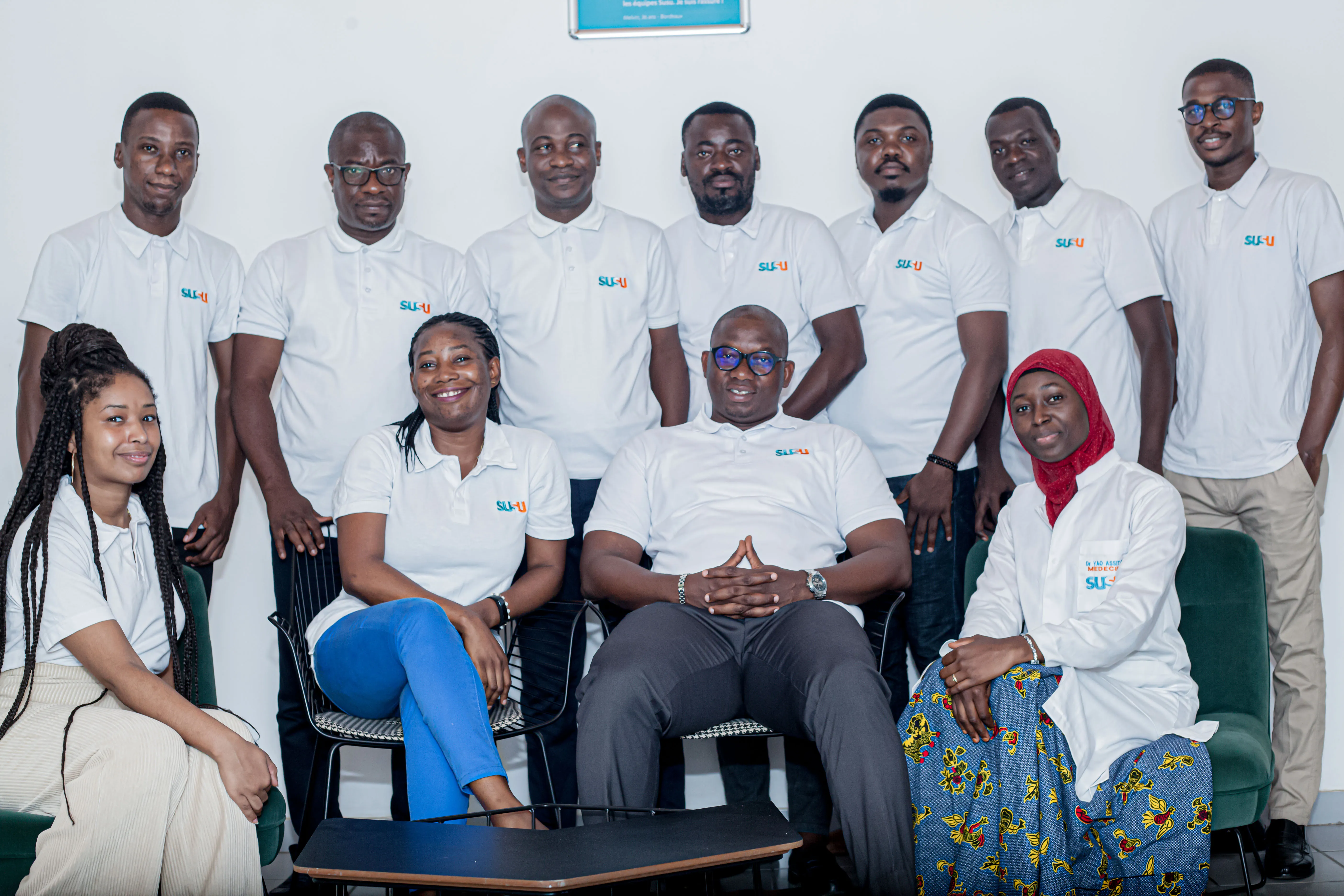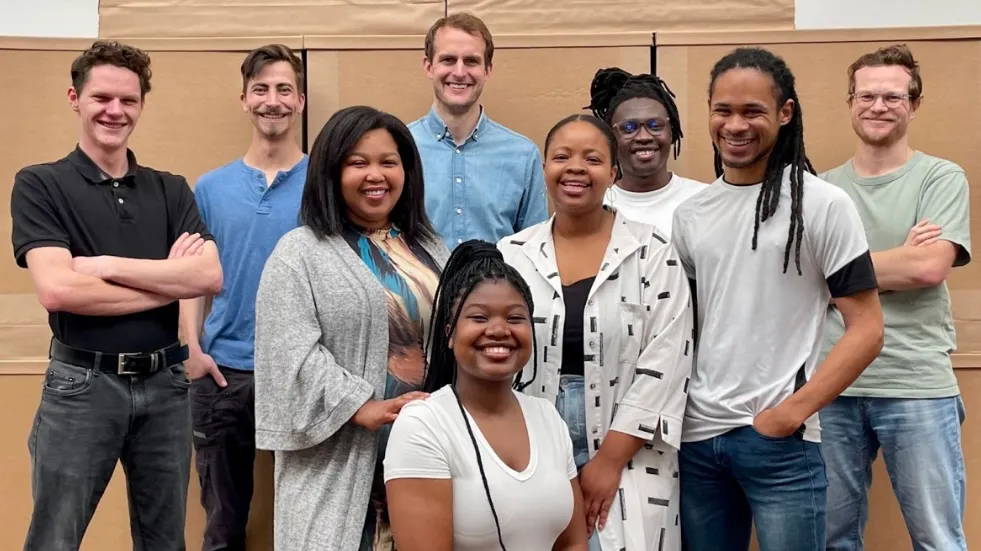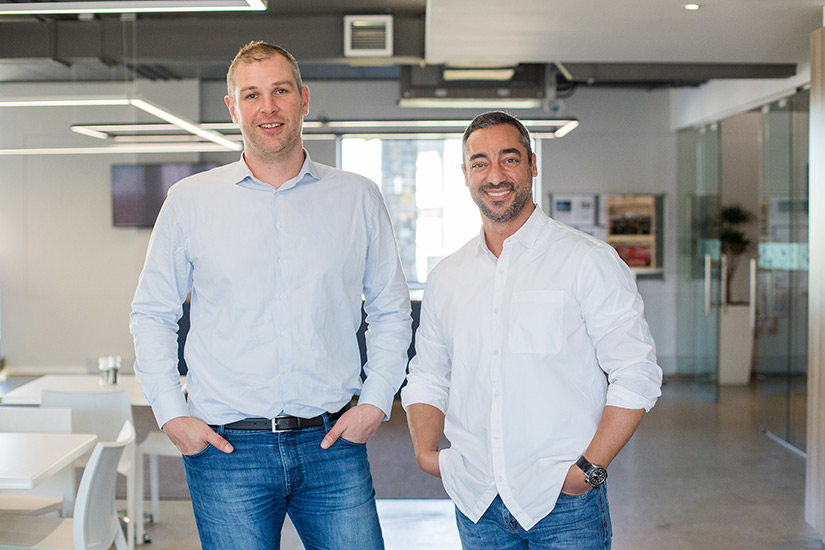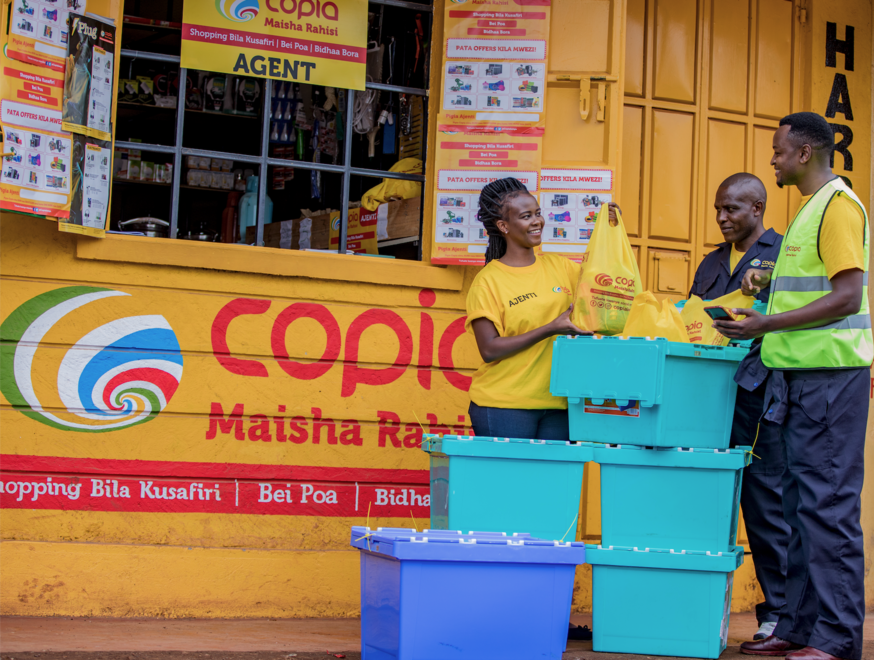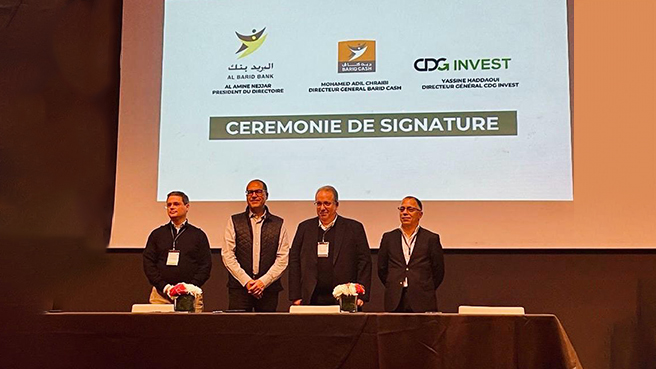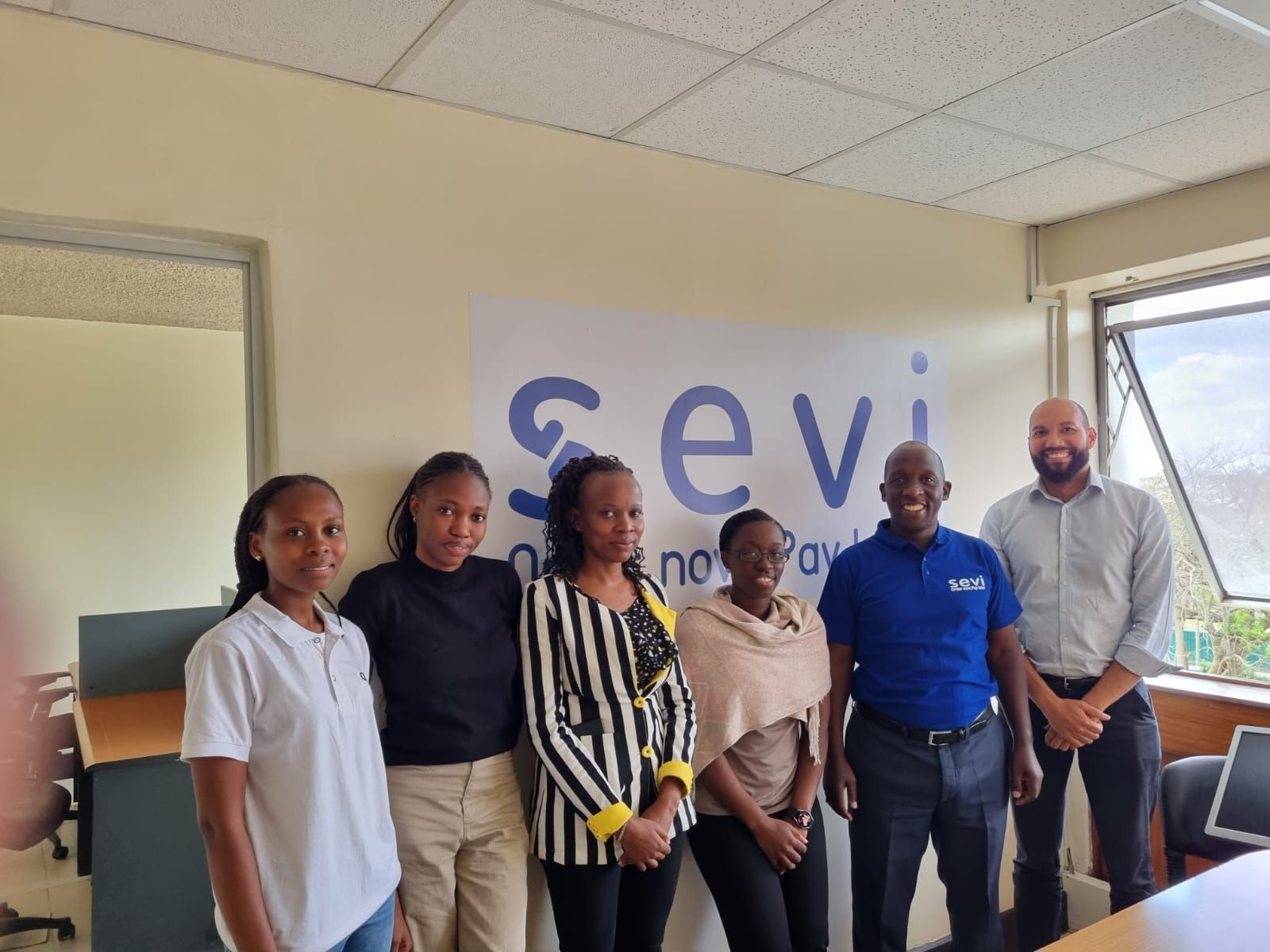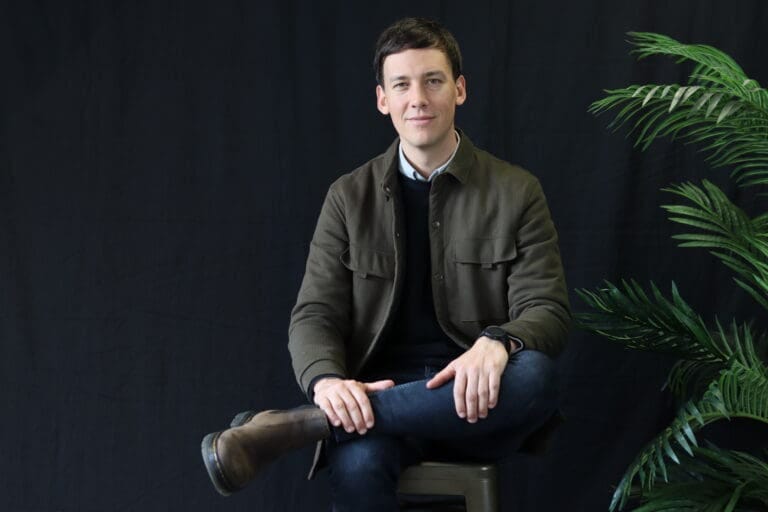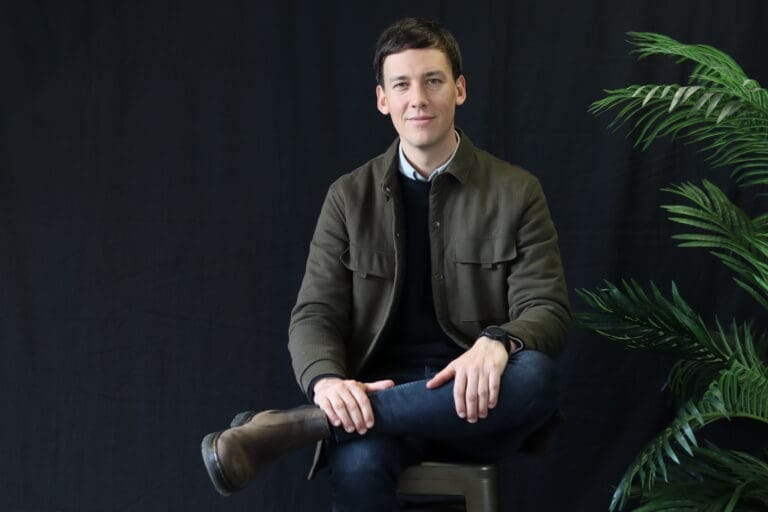Investors Rally Behind Ivory Coast’s Susu in $4.8M Deal to Democratize Healthcare Access in Francophone Africa
Susu, an Ivorian healthtech startup, has successfully raised 4.5 million euros in a recent fundraising round. Notable investors include INCO Ventures, Al Mada Ventures, Janngo Capital, Open CNP, Health54 (CFAO Healthcare), Launch Africa Ventures, Five35 Ventures, Plug and Play Ventures, and several business angels. The funds raised are earmarked for the expansion of Susu’s healthcare services in Africa, particularly in Côte d’Ivoire, Senegal, and Cameroon, where the company has already gained traction with over 7,000 clients.
Susu, founded in 2019, aims to position itself as a leader in healthtech in Francophone Africa. The startup addresses the pressing healthcare challenges on the continent, where population growth is substantial, and chronic diseases like diabetes and hypertension are on the rise. The investment will be utilized to develop a comprehensive range of health offers, including local and international health insurance coverage and tailor-made health bundles. The startup operates through a 360° digital platform connecting beneficiaries, medical providers, financial contributors, and its internal teams. Additionally, Susu collaborates with top healthcare providers to establish a high-quality medical network. The funding will also support innovative health financing models leveraging third parties, such as the African diaspora, relatives, employers, or charities.
Why the Investors Invested
Investors have committed to Susu due to its compelling mission of democratizing access to healthcare throughout Africa. With a focus on reducing inequalities in health access, Susu aims to deliver quality care through innovative products and financing models. The investors were drawn to Susu’s commitment to addressing the growing healthcare needs on the continent, where life expectancy is increasing, and chronic diseases are becoming more prevalent. The startup’s innovative approach, combining technology, a comprehensive range of health offers, and partnerships, aligns with the investors’ vision of creating economic and social progress in the intersection of financial, insurance, and health services.
Carole Cazassus, Investment Director at Inco Ventures, highlighted the Susu team’s commitment to reducing health inequalities as a key factor in their decision to support the startup. Fatoumata Bâ, Founder and Executive Chair of Janngo Capital, emphasized Susu’s vision, team quality, and unique technological solutions as compelling reasons for leading the funding round. The investors view Susu’s initiative as transformative, contributing to the redefinition of insurability boundaries in the African health sector.
A Look at Susu
Founded in 2019, Susu has rapidly expanded its operations beyond its initial commercial launch in France and Côte d’Ivoire. The startup’s primary markets now include Cameroon and Senegal. With approximately forty employees spread across Paris, Abidjan, Douala, and Dakar, Susu has positioned itself as a key player in healthtech. The startup’s ambition is to leverage the recent funding to accelerate growth by expanding into new African countries in Francophone Africa and North Africa.
Susu’s service offerings revolve around four pillars: a comprehensive range of health offers, a 360° digital platform, a high-quality medical network, and innovative health financing models. The startup’s mission is to democratize access to healthcare across the entire African continent, catering to both healthy and vulnerable individuals. As the startup plans to recruit ten new employees by 2024, its focus extends to bolstering sales, marketing, operations, and finance teams in both France and Africa. Overall, Susu’s innovative approach and commitment to addressing healthcare challenges position it as a key player in transforming the daily lives of millions of Africans.
Susu healthcare Susu healthcare

Charles Rapulu Udoh is a Lagos-based lawyer, who has several years of experience working in Africa’s burgeoning tech startup industry. He has closed multi-million dollar deals bordering on venture capital, private equity, intellectual property (trademark, patent or design, etc.), mergers and acquisitions, in countries such as in the Delaware, New York, UK, Singapore, British Virgin Islands, South Africa, Nigeria etc. He’s also a corporate governance and cross-border data privacy and tax expert. As an award-winning writer and researcher, he is passionate about telling the African startup story, and is one of the continent’s pioneers in this regard.

